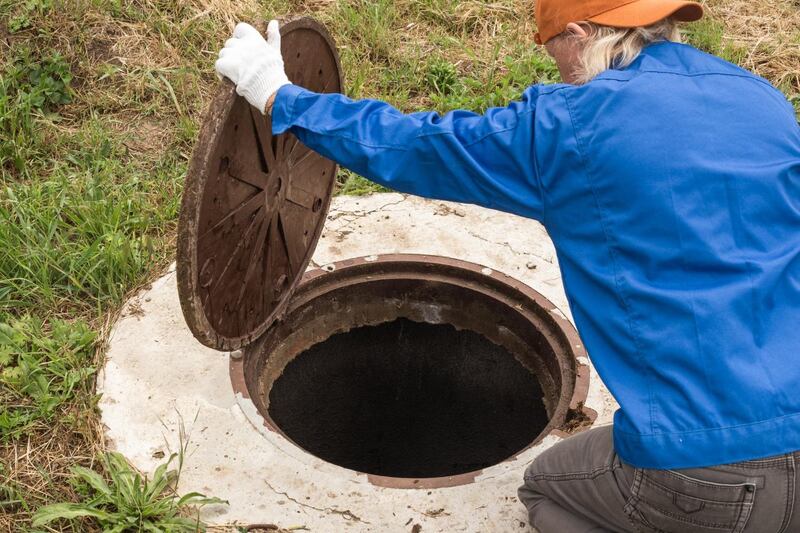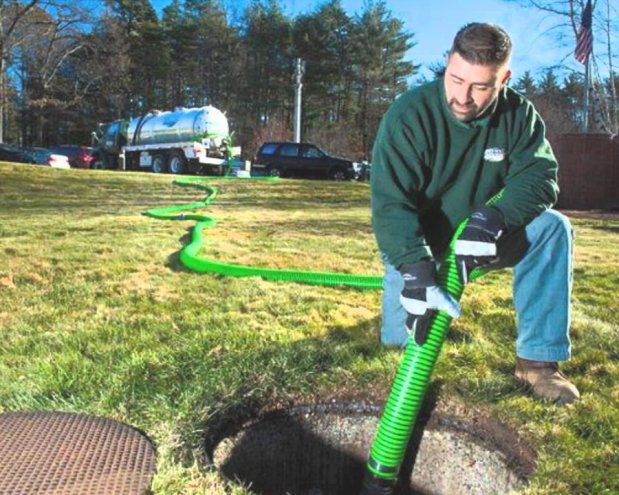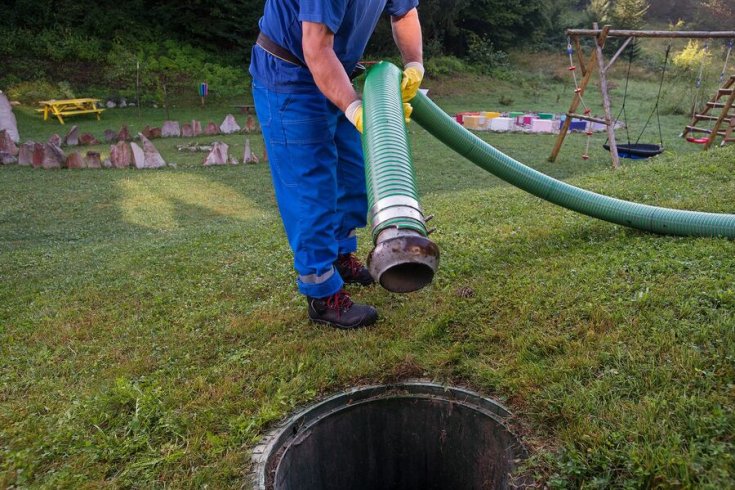
22
A septic alarm is a crucial component of any septic system, designed to alert homeowners to potential issues before they escalate into costly and messy problems. When the alarm sounds, it indicates that there is a problem with the system that requires immediate attention. Understanding the causes of a septic alarm and knowing how to address them can help homeowners avoid disruptions and ensure the proper functioning of their septic systems.
A septic alarm serves as an early warning system for potential issues with the septic system, signaling the need for immediate attention. By understanding the common causes of a septic alarm and knowing how to address them, homeowners can prevent disruptions, avoid costly septic tank repairs, and ensure the proper functioning of their septic systems for years to come. Regular maintenance, including septic tank cleaning, repair, and installation services provided by Charlotte Septic Pros is a great factor for the health and longevity of the system.

02
What Septic Service Techs See That Homeowners Miss Most homeowners only think about their septic system when something goes wrong.…
Read more
21
Simple Habits That Protect Your Septic System A well-functioning septic system does its job quietly, but the moment something goes…
Read more
14
Pump Now or Pay Later: The Real Cost of Skipping Maintenance A properly functioning septic system is easy to forget…
Read more
11
Why Your Septic System Always Acts Up at the Worst Time Homeowners often feel that septic problems strike at the…
Read more
04
Early Warning Signs Your Septic Tank Needs Pumping For homeowners who rely on a septic system, routine maintenance is not…
Read more
29
Why Does My Septic System Smell Fine One Day and Terrible the Next? If you own a home with a…
Read more
19
Is Your Septic System Overdue? Simple Home Checks You Can Do Today For many homeowners, the septic system is a…
Read more
13
5 Signs Your Septic Tank Is Overdue for Pumping Your septic system works quietly behind the scenes, managing wastewater from…
Read more
07
Do Septic Additives Really Work? Septic additives are everywhere. You’ll see them at hardware stores, advertised online, and often recommended…
Read more
29
5 Things You’re Doing Every Day That Fill Up Your Septic Tank Faster Your septic system works quietly in the…
Read more